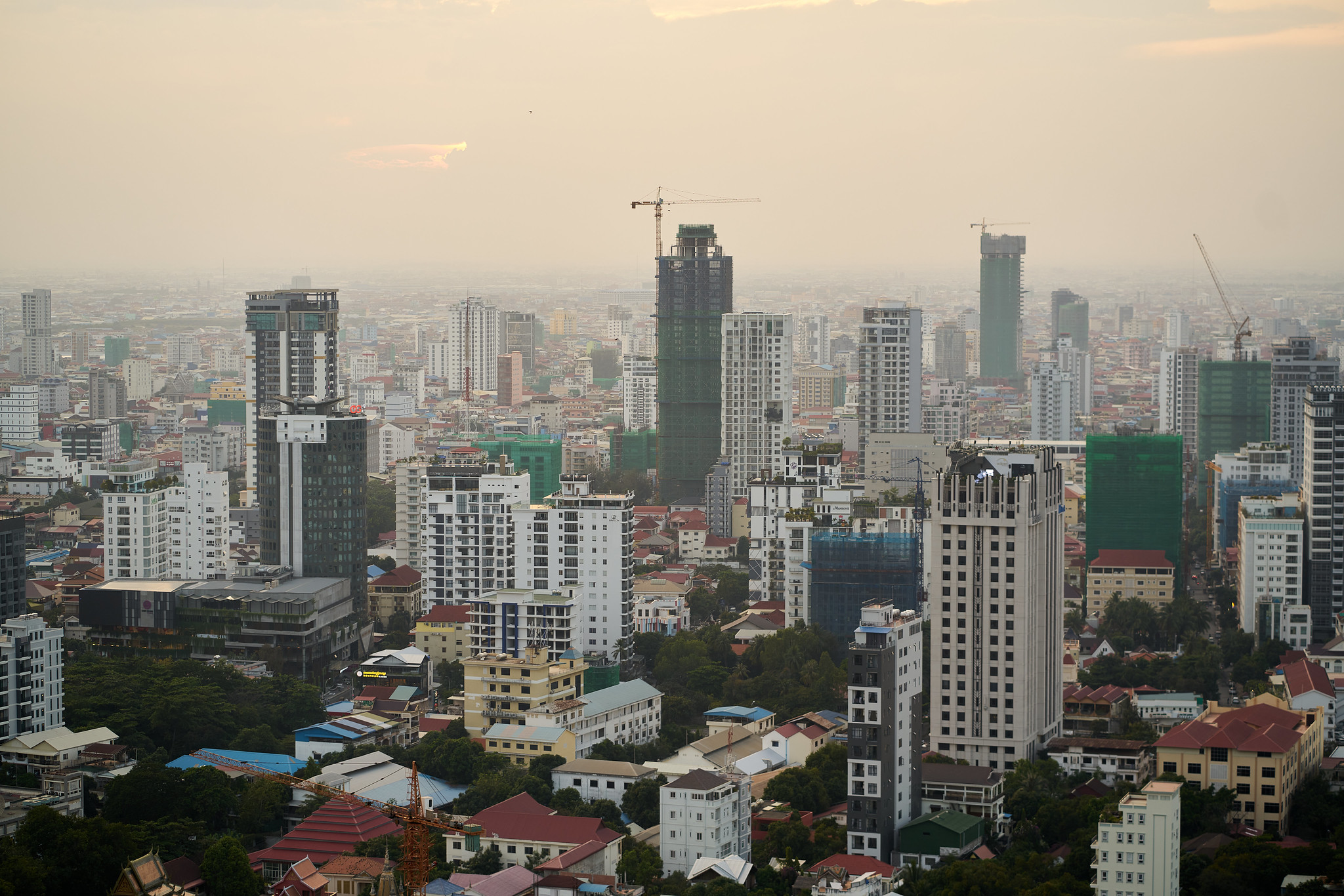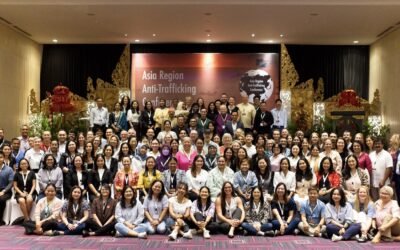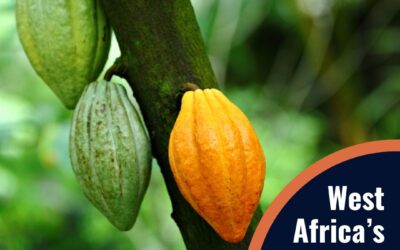Upon surveying civil society organizations across Southeast Asia, Free the Slaves has published a report, ‘Learning from NGOs’ Approaches to Modern Slavery in Southeast Asia’. Groups working to counter modern slavery in this region and beyond can learn from FTS’s data-driven recommendations.
Over 60 organizations responded to FTS’s online survey, leading to the key findings of this report. Community organizations committed to anti-modern slavery work can find ten recommendations spanning a range of areas from training to implementation of legislative tools to who is included in the programmatic scope. This report provides a lens through which to understand current initiatives and future opportunities for growth in addressing modern slavery.
A trend across respondents showed a desire for forums geared towards collaboration and knowledge-sharing. At the same time, answers revealed a need for training, especially among staff hired within the past four years. Therefore, in lieu of traditional training, FTS and similar organizations may benefit from formatting capacity-building events through varied structures, such as regional forums where partners can collaborate and exchange knowledge specifically relevant to the Southeast Asia region.
The report also reveals that the content of these trainings should include raising awareness of legislative instruments. Whether they be global or regional, knowledge of tools like the Forced Labor Convention or the Palermo Protocol impacts how an organization conceptualizes modern slavery, human trafficking, and forced labor. This survey found a broad range of definitions across Southeast Asia respondents, especially regarding consent and compulsion. Although this may appear overly technical, this conceptualization then affects the identification and protection of survivors. Thus, programs and regional impact would be even greater with shared and standardized understandings of these tools, promoted through trainings and regional collaboration.
While a large proportion of CSOs stated that they prioritized victim-centered approaches, only a minority highlighted an interest in trauma-centered approaches. Additionally, the majority of those surveyed currently focus services on women and children, and less so on refugees, LGBTQI+ persons, or religious minorities. Integrating trauma-centered approaches could offer more holistic care and inclusion for vulnerable and exploited populations. In the Southeast Asia region where, for example, the displacement of Rohingya is prevalent, organizations can be better equipped to prevent and address vulnerabilities to modern slavery by strategically focusing their programs and resources towards these specific demographic needs.
Following this report, FTS hopes to see research expand. By continuing to learn from CSOs in Southeast Asia, we could understand the challenges they’re facing and how to further the impact of their work. For example, deepening our understanding of how labor trafficking and forced labor are conceptualized would reveal the gaps in how they are addressed. Or researching the distinctions between types of modern slavery would show where needs are or aren’t being met.
Overall, this research reveals that anti-modern slavery work in Southeast Asia is diverse and rich across the region. There is significant work and opportunities to partner in advocacy, capacity building, and service provision. While there are insightful pathways for learning from current work, there are also areas for growth. To further alleviate the conditions in which modern slavery exists, community organizations and FTS partners would benefit by taking steps such as focused trainings and forums, increasing their understanding of standardized conceptualizations of modern slavery in alignment with legislative frameworks, and multi-faceted approaches for holistic protection as outlined in the report.




